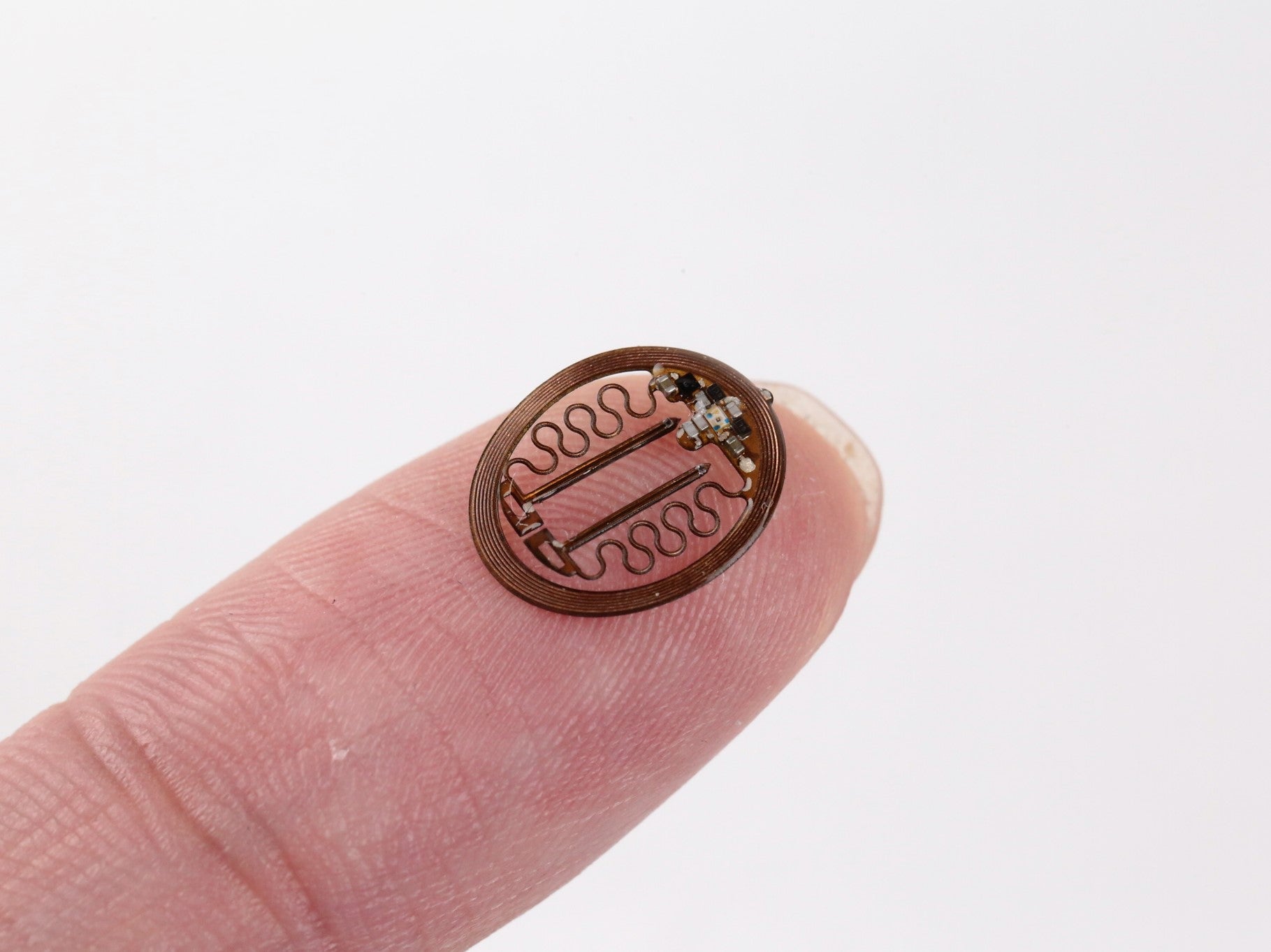The Independent's journalism is supported by our readers. When you purchase through links on our site, we may earn commission.
Mice become instant friends after scientists reprogram their brains
‘Optogenetics could someday soon be used to fix blindness or reverse paralysis,’ says neuroscientist
Scientists have created a device that allows them to program mice to become friends with one another.
The implant was developed by researchers at Northwestern University in the US, who sought to wirelessly reprogram the neurons in a mouse’s brain in order for it to form an “instant bond” with another mouse.
“Brain activity in an isolated animal is interesting, but going beyond research on individuals to studies of complex, socially interacting groups is one of the most important and exciting frontiers in neuroscience,” said Professor John Rogers, who led the technology development.
“We now have the technology to investigate how bonds form and break between individuals in these groups and to examine how social hierarchies arise from these interactions.”
The advancement is the result of ultraminiature, battery-free technology that allowed for a first-of-its-kind study of optogenetics – a method for controlling neurons with light – that explores social interactions within groups of animals.

The thin, flexible implants allowed the mice to “look normal and behave normally in realistic environments”, without getting tangled up in wired tethers.
When the mice were physically close to one another, the researchers activated a set of neurons in a brain region related to higher order executive function, causing them to increase the frequency and duration of their social interactions.
The mice’s brains could just as instantly be deprogrammed to no longer be friends with another mouse, and interactions would return to normal.
“We didn’t actually think this would work,” said Yevgenia Kozorovitskiy, a neurobiologist at Northwestern University who designed the experiment.
“To our knowledge, this is the first direct evaluation of a major long-standing hypothesis about neural synchrony in social behaviour.”
It is hoped that the research will lead to further breakthroughs within the field of optogenetics, which will allow researchers to target specific neurons within a human brain. By modifying neurons to express a modified gene from light-sensitive algae, researchers could theoretically use external light to control brain activity.
“It sounds like sci-fi, but it’s an incredibly useful technique,” said Professor Kozorovitskiy.
“Optogenetics could someday soon be used to fix blindness or reverse paralysis.”
The study was published in the journal Nature Neuroscience on Monday.
Join our commenting forum
Join thought-provoking conversations, follow other Independent readers and see their replies
Comments

Bookmark popover
Removed from bookmarks